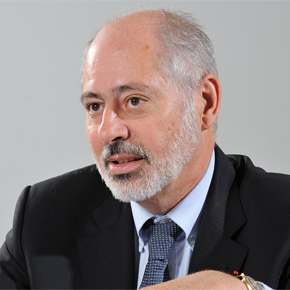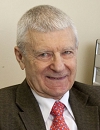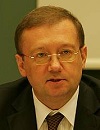 |
||
|
IAEA to Study Environmental Impact of Russian Power Plant in Baltic RIA Novosti, PUBLISHED September 21, 2013 Russia’s nuclear corporation, Rosatom, has requested that the International Atomic Energy Agency (IAEA) assess the environmental impact of a Russian nuclear power plant currently under construction in the Baltic. The Baltic power plant project was initially export-oriented, with planned electricity sales to neighboring Baltic states and Poland. However, its future was put into question amid concerns expressed by potential electricity buyers, including Lithuania. The Lithuanian statement was made in response to Rosatom public relations chief Sergei Novikov, who expressed his “deep regret” about that country’s refusal to conduct “constructive talks” about the power plant project. Kaliningrad Region Governor Nikolai Tsukanov said last week that the final decision for the project would be made by early December. Other news: Rosatom Inks Deals, Edges Closer to UK Nuclear Reactor Market Rosatom signed a memorandum on collaboration in nuclear energy. Russia Questions IAEA on Syrian Nuclear Risks Russia has handed over an official request. China Offers Russia Floating Nuke Plant Joint Project It was proposed that a joint venture should be established with investments from both sides. |
Hero of the day 
Jacques Repussard: knowledge, independence, proximity They told me: "Mr Repussard, we're not used to responding to anti-nuclear organisations". To which I replied: "We will not reveal any state or trade secrets, but we will not leave them without any answer". INTERVIEW
Georgy Toshinsky OPINION
Alexander Yakovenko |

